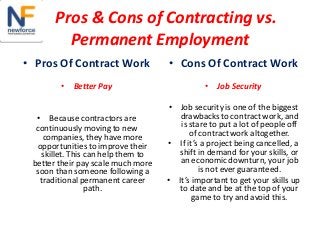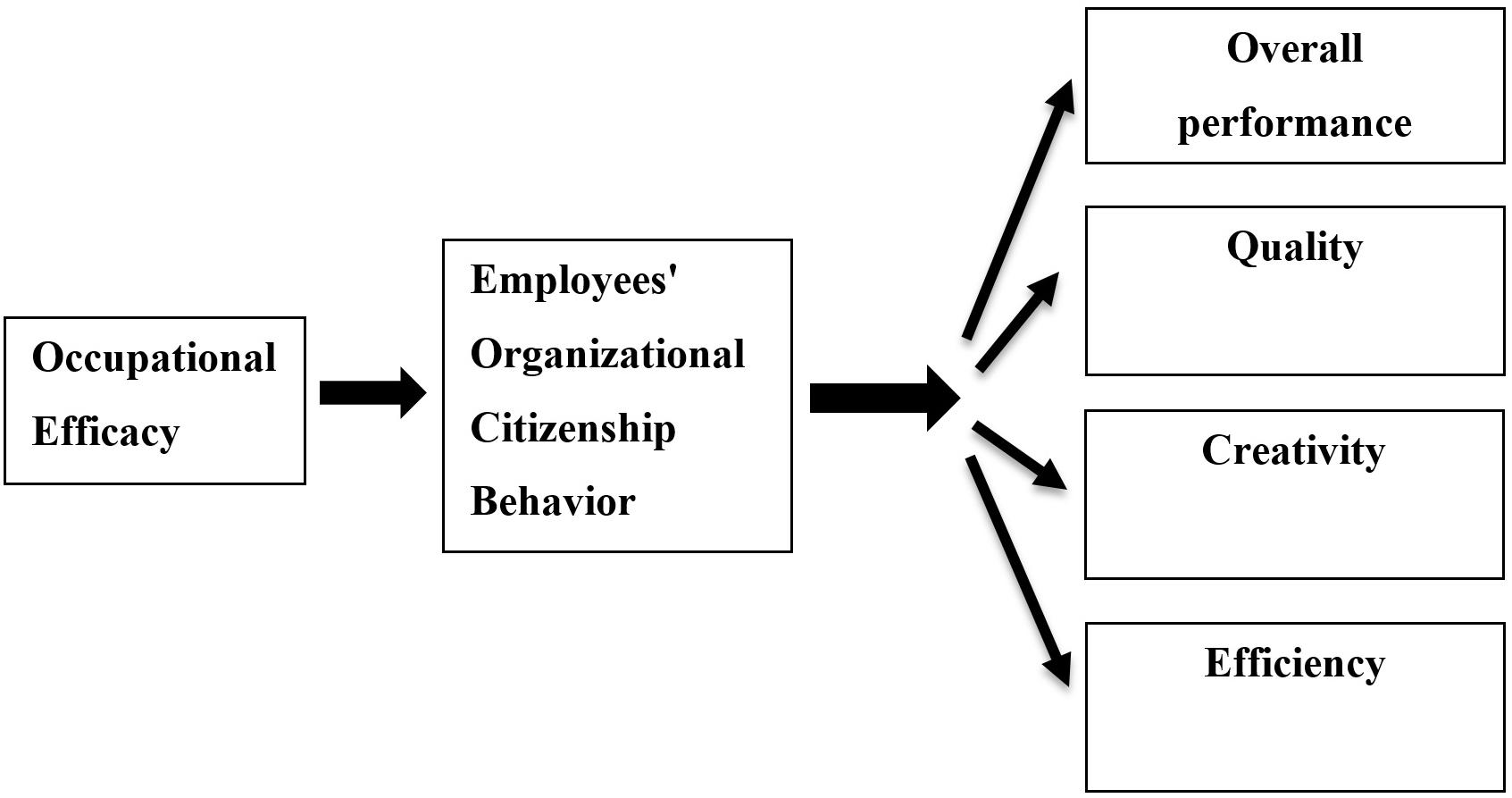
A high-paying IT consultant job will require an individual to work in a highly technical field. In this career path, you'll need to develop knowledge of various technologies and tools. Software and hardware knowledge are essential for a successful candidate. A certification indicates that an individual is knowledgeable in a specific field. Microsoft Office User Specialist, Apple Certified Support Professional are just two examples. This certification will allow your employer to verify your expertise.
Average base salary
Your base salary for IT consultants will average around 94,000. Although it is difficult to determine a salary range for the same profession, it is generally assumed that you will make more than this figure if you have a lot of experience. The median refers to the average wage, with 50% of workers earning less or more than that figure. It is important that you note that these figures represent averages, and can be affected by the office and company.
The average it consultant salary may be slightly higher than the national median. However, regionally the pay at the major four consulting firms is somewhat different. The average consultant at mid-sized management consulting firms earns nearly five times that of Tier 2 firms. However, the salaries of entry-level it professionals at Big 4 firms are significantly higher than those in smaller firms. Associate at PwC Atlanta would be paid $51,000 more than a New York associate.

Variation in base salaries based on company size
Strong correlation exists between employee pay and company size. But how does company size impact employee paychecks? One study revealed that the median pay for companies with less revenue than $300 million was $100,000. This was higher than $70,000 for larger companies. Researchers believe that this discrepancy could be due to part-time and large-overseas workers. The correlation does however not indicate a causal relationship.
Performance bonuses
Variable levels of consulting bonus have an impact on career choices and compensation. The bonuses at Tier 2 and Big 4 firms can vary greatly depending on the company and the circumstances. Some firms offer more generous bonuses than others, while others do not. The amount of a performance bonus depends on several factors, including the firm's overall compensation model, the company's first-year learning curve, and the bonuses offered by its affiliated firms and subsidiaries.
Compensation packages for consultants generally vary, with the most common being a signing bonus of ten to twenty percent of their base salary. Many firms also offer bonuses that go beyond the base salary, such as a 15% profit-sharing bonus for achieving a specific client-sales target. These bonuses are quite common at the top-tier consulting firms, where salaries tend to be highly competitive. The bonuses can be significant for consultants as they often represent a percentage of a consultant's salary and are not usually paid overtime.
Certification as an IT consultant is a benefit
You can increase your IT consultant's salary by getting certified. A certification shows you have a lot of knowledge and experience in a specific field. Interning for an IT company will also give you the opportunity to build relationships. You can also demonstrate your ability to work in real-world situations by getting certified. Examples of certifications include Microsoft Office User Specialist and Apple Certified Support Professional. Although certifications are not required, they can increase your chances of getting hired by companies.

An IT consultant with cybersecurity certification can help you secure your clients' information and ensure that their data is safe. Businesses and government agencies are increasingly concerned about cyberattacks, and cybersecurity consultants are on the front lines to help protect their digital assets. Consultants are responsible installing virus protection, securing networks and creating a plan to respond in the case of data breach. Being certified as an IT Consultant has several other benefits.
FAQ
What qualifications do you require to become a Consultant?
It's not enough just to have an MBA degree; you must also demonstrate experience working as a business consultant. At least two years experience in training and/or consulting for major companies is required.
You should have had experience working with senior management to create strategy. This will require you to be comfortable sharing your ideas with clients and getting their buy-in.
A professional qualification exam like the Certified Management Consultant (CMC), Chartered Management Institute, is required.
Consulting is it a job?
Consulting is not only an entry-level profession for those looking to make fast money, but it's also an excellent way to acquire valuable skills that you can apply throughout your career.
There are many opportunities for consulting, including project management, strategy, training and leadership. You could find yourself working with small start-ups and large international corporations.
Consulting offers you the chance to improve and sharpen your skills as well as gain valuable experience across a range industries. This could include learning to manage teams and write proposals, manage finances, analyze data, create presentations and conduct market research.
Why would a company hire a consultant?
Consulting provides expert advice about how to improve your business performance. Consultants are not there to help you sell products.
A consultant assists companies in making better decisions by offering sound analysis as well as suggestions for improvement.
Consultants often work closely with senior management teams to help them understand what they need to do to succeed.
They provide coaching and leadership training for employees to enable them to achieve their peak performance.
They may advise businesses on reducing costs, streamlining processes, and increasing efficiency.
Statistics
- "From there, I told them my rates were going up 25%, this is the new hourly rate, and every single one of them said 'done, fine.' (nerdwallet.com)
- My 10 years of experience and 6-step program have helped over 20 clients boost their sales by an average of 33% in 6 months. (consultingsuccess.com)
- So, if you help your clients increase their sales by 33%, then use a word like “revolution” instead of “increase.” (consultingsuccess.com)
- According to statistics from the ONS, the UK has around 300,000 consultants, of which around 63,000 professionals work as management consultants. (consultancy.uk)
- 67% of consultants start their consulting businesses after quitting their jobs, while 33% start while they're still at their jobs. (consultingsuccess.com)
External Links
How To
What does a typical consultant's day look like?
The type of work that you are doing will affect the typical day. You will be spending time researching, planning new ideas, meeting with clients, and creating reports.
You'll often have meetings with clients where you can discuss issues and solve problems. These meetings can be held over the telephone, online or face-to face.
Sometimes, you may be asked to create proposals. These are documents that outline your ideas and plans for clients. These proposals will be presented to clients by you and a mentor.
You will need to create content after all your planning and preparation. This could include writing articles, designing websites or editing photos.
You may need to conduct research depending on the scope of your project to find relevant statistics and figures. It may be necessary to know how many customers are currently using your products or services.
Once you have all the information needed, it is time for clients to see your findings. Your findings may be delivered orally, or written.
Finally, you must follow up with clients after the initial consultation. For example, you could call your clients periodically to check how things are going. Or send them emails asking them to confirm they have received the proposal.
While this can be a slow process, it's essential to remain focused and maintain good working relationships with clients.